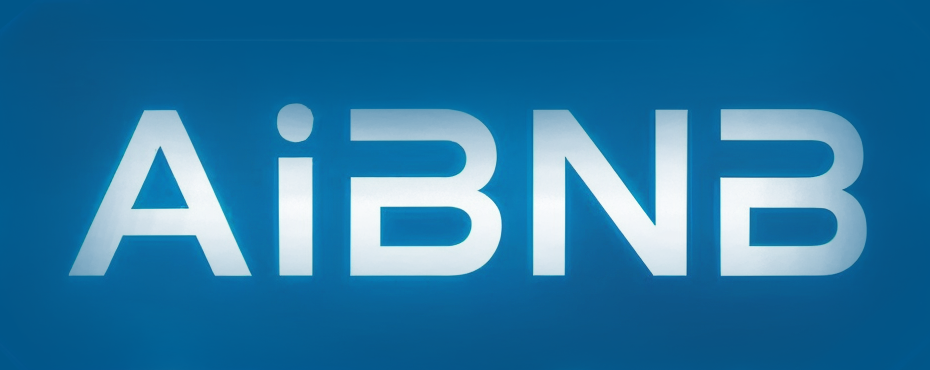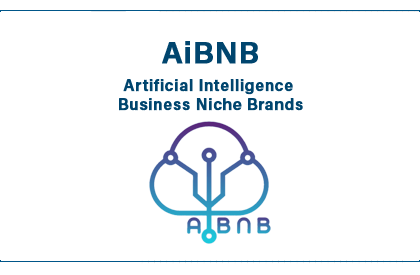For most enterprise companies, AI is either a promise that has yet to deliver or a security risk. The effort of Lithuania’s most famous entrepreneur duo to solve that conundrum has garnered attention — and funding.
Just months after Nexos.ai came out of stealth with an $8 million funding round led by Index Ventures, Nord Security co-founders Tomas Okmanas and Eimantas Sabaliauskas have closed a €30 million Series A (approximately $35 million) for this new startup — a a platform that helps companies adopt AI tools securely by acting as a middleman between employees and AI systems.
In Okmanas’ view, “the biggest corporate data leak” is currently in the making, as employees upload sensitive information to LLMs. Rather than banning AI use, he wants Nexos.ai to act as a “Switzerland for LLMs,” serving as a neutral intermediary. By sitting between teams and AI tools, the platform aims to keep data under control without sacrificing the productivity gains companies want but fear pursuing.
That combination of seasoned founders tackling a critical enterprise problem explains why this new round was raised so soon — with Index and Evantic Capital co-leading at a €300 million valuation (approximately $350 million), according to a company spokesperson. Previous backers Creandum and Dig Ventures also participated, along with angel backers, including the CEOs of Datadog, Klarna, Supercell, and Wix.
Evantic, the new venture firm launched by former Sequoia Capital partner Matt Miller, was persistent enough to make the round happen even though Nexos.ai wasn’t fundraising, said Okmanas. He and Sabaliauskas famously bootstrapped their previous businesses, including Nord, the $3 billion cybersecurity company behind NordVPN. But they now see the value-add from VCs.
In addition to Index’s support, Nexos.ai is now benefiting from Miller’s guidance and his ‘Legends’ network —140 operators who advise Evantic’s portfolio startups in exchange for a share of the fund’s profits. Okmanas said he is both a Legend himself and drawing on others’ expertise to shape the product — which is where the new capital will go.
Currently, Nexos’ AI product consists of an AI Workspace interface for employees and an AI Gateway for developers. The gateway acts as a control layer for security, cost management, and compliance oversight while reducing fragmentation, which Okmanas sees as a key barrier to AI adoption. The gateway provides a single access point to some 200 AI models, and the company plans to use its funding to accelerate its support of private models for sensitive data.
Techcrunch event
Bring a +1 and save 60% on their pass, or get your pass by Oct 27 to save up to $444.
San Francisco
|
October 27-29, 2025
Okmanas said his team is currently doing 50 to 60 demo calls a week, but anticipates that traditional businesses will have “a lot of homework” to do to convince their boards about how they want to adopt AI. Nexos.ai could help them by making deployment easier. But first, the startup is focusing on tech-savvy companies that already use AI daily, as well as companies operating in regulated industries, which have concerns about governance and sending sensitive data to AI models hosted in foreign countries.
Okmanas and Sabaliauskas identified the AI governance gap while overseeing the portfolio of Tesonet, their company that builds and invests in startups. Tesonet portfolio companies are also among the customers that Nexos.ai is disclosing, alongside Bulgarian fintech unicorn Payhawk, which also has an office in Vilnius. According to a press release, the funding will now support expansion across Europe and North America.
For Okmanas, the mission is removing barriers to broader AI adoption. While boards debate whether AI can deliver real value, he points to results within Tesonet’s own portfolio: at Hostinger, a web hosting provider, an AI assistant reduced the need for human support. Says Okmanas, “That’s why we didn’t need to hire 500 people and saved €10 million this year alone.”
Despite talking numbers at Hostinger, Okmanas declined to disclose how much revenue Nexos.ai itself is generating. Instead, he said that by the time the company celebrates its first anniversary, the team will have grown to 100 people — mostly in Europe, where data sovereignty concerns have also started to open doors for Nexos.ai at public institutions, potentially opening up a new market beyond its enterprise focus.
The headline of this story has been corrected for accuracy.




